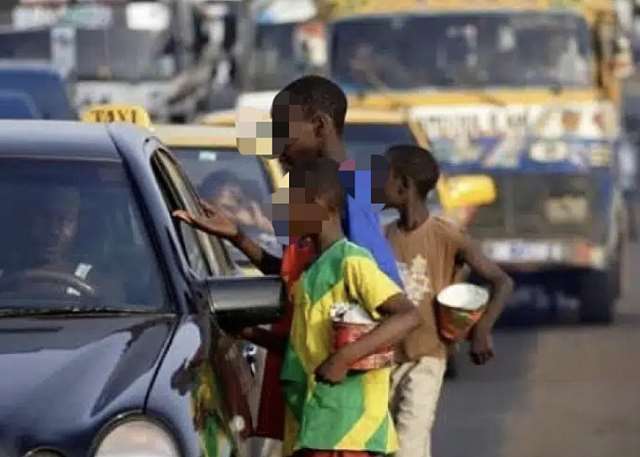Streetism, the phenomenon of individuals living on the streets, has emerged as a pressing social issue in Ghana, raising significant concerns about its implications for national security. Security expert Richard Kumado has highlighted the growing threat posed by this trend, arguing that the vulnerability of street dwellers, particularly children, makes them susceptible to criminal activities and potential recruitment into criminal gangs. The lack of stable housing, family support, and social integration creates a fertile ground for the development of criminal behaviors, ultimately jeopardizing the safety and stability of communities.
Mr. Kumado’s analysis underscores the critical need to address the root causes of streetism and develop comprehensive strategies to mitigate its negative consequences. The vulnerability of street children stems from their lack of access to basic necessities like food, shelter, and education, pushing them towards illicit activities as a means of survival. Their lack of a fixed address makes them difficult to track and monitor, further increasing their susceptibility to exploitation by criminal elements. This precarious existence not only threatens their individual well-being but also poses a significant risk to the broader community, as they may resort to theft, violence, or other criminal acts to meet their basic needs.
The absence of family support and social networks further exacerbates the vulnerability of street children. Lacking positive role models and guidance, they are more likely to be influenced by negative peer groups and engage in risky behaviors. This social isolation contributes to a sense of alienation and hopelessness, making them prime targets for criminal organizations seeking to exploit their desperation. The lack of a stable home environment also deprives them of the opportunity to develop essential life skills and educational qualifications, further limiting their prospects for a productive future.
The potential for recruitment into criminal gangs represents a particularly alarming aspect of the streetism problem. Criminal organizations actively target vulnerable individuals, including street children, offering them a sense of belonging and financial incentives in exchange for their participation in illegal activities. These gangs may engage in drug trafficking, robbery, extortion, and other forms of organized crime, posing a serious threat to public safety and national security. The lack of identification and fixed addresses makes it easier for these individuals to evade law enforcement, further emboldening criminal networks.
To effectively address the challenge of streetism, a multi-pronged approach involving government agencies, non-governmental organizations, and community stakeholders is essential. This approach should prioritize the provision of basic necessities such as food, shelter, and healthcare to street dwellers. Equally crucial is the establishment of educational programs and vocational training initiatives to equip them with the skills necessary to become self-sufficient and reintegrate into society. Furthermore, efforts should be made to strengthen family support systems and create social safety nets to prevent children from ending up on the streets in the first place.
Ultimately, eradicating or significantly reducing streetism requires a long-term commitment and sustained investment in social welfare programs. By addressing the root causes of this phenomenon and providing opportunities for rehabilitation and reintegration, Ghana can effectively mitigate the security risks associated with streetism and build a more secure and inclusive society for all its citizens. The focus should be on preventative measures that address poverty, family breakdown, and lack of access to education, as well as providing support and rehabilitation services for those already living on the streets. A comprehensive approach that tackles both the immediate needs and the underlying factors contributing to streetism is crucial for ensuring long-term social stability and national security.


